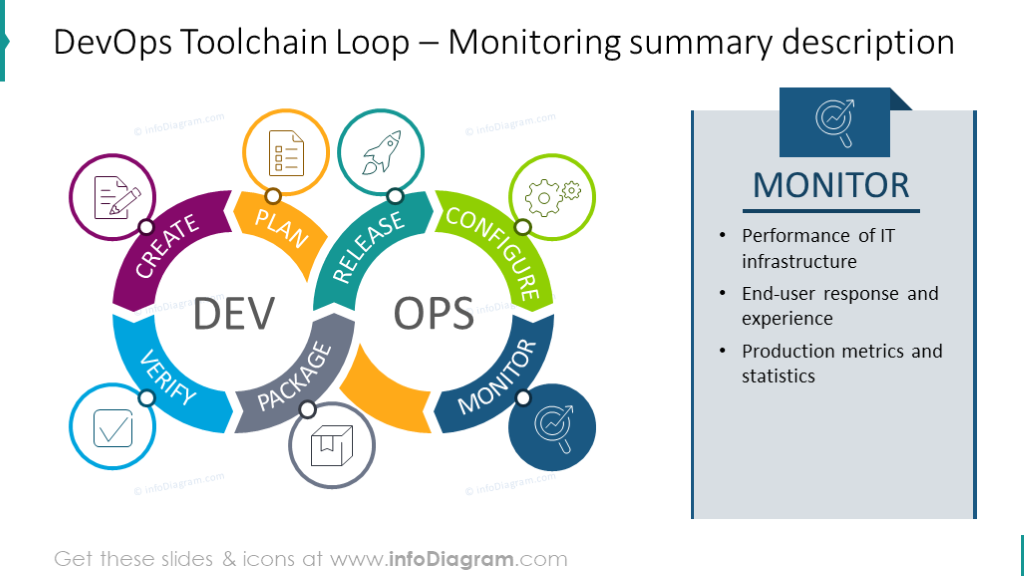🚀 Getting Started with DevOps, Automation, Scaling, and Infrastructure 🚀
🤖 What is DevOps?
DevOps is a powerful methodology that fosters collaboration between software development and IT operations teams to enhance the entire software development lifecycle. It brings together the best practices, tools, and cultural mindset to achieve continuous integration, continuous delivery, and continuous deployment (CI/CD) of software.
🎯 Key Components of DevOps:
🔄 Automation: Automation is the heart of DevOps. It involves streamlining repetitive tasks and workflows, enabling faster and error-free deployments. Automation tools like Jenkins, GitLab CI/CD, and Ansible are essential for efficient DevOps practices.
📈 Scaling: DevOps emphasizes the ability to scale software and infrastructure seamlessly. Scalability ensures that your applications can handle increased workloads and traffic without compromising performance. Cloud platforms like AWS, Azure, and Google Cloud facilitate easy scaling.
🏗️ Infrastructure as Code (IaC): IaC treats infrastructure configuration as code, enabling developers to manage and provision resources through code. Tools like Terraform and CloudFormation help maintain consistency and agility in infrastructure management.
🌟 Why DevOps is Important:
✅ Faster Time-to-Market: DevOps accelerates the development and deployment process, reducing time-to-market for new features and updates, giving your organization a competitive edge.
✅ Increased Collaboration: Collaboration between development and operations teams fosters a culture of mutual understanding and shared goals, leading to better overall product quality.
✅ Reliability and Stability: Automation and standardized processes minimize human errors and create more stable and reliable software releases.
✅ Scalability and Flexibility: DevOps enables your organization to scale its applications and infrastructure on-demand, allowing you to adapt to changing business requirements.
✅ Continuous Improvement: Continuous integration and continuous delivery promote a cycle of constant improvement, ensuring that your software is always up-to-date and meeting user needs.
📚 References:
The Phoenix Project: A Novel about IT, DevOps, and Helping Your Business Win by Gene Kim, Kevin Behr, and George Spafford.
Continuous Delivery: Reliable Software Releases through Build, Test, and Deployment Automation by Jez Humble and David Farley.
Infrastructure as Code: Managing Servers in the Cloud by Kief Morris.
🔍 Takeaways:
Embrace DevOps for faster development, reliable software, and enhanced collaboration.
Implement automation to streamline processes and reduce manual errors.
Leverage scalability and infrastructure as code to adapt to changing business needs.
Remember, DevOps is not just a set of tools; it's a cultural shift that empowers teams to work together efficiently and deliver exceptional products. Start your DevOps journey today to revolutionize your software development process! 🚀🔧💻

(Note: The image used above is for illustrative purposes only.)